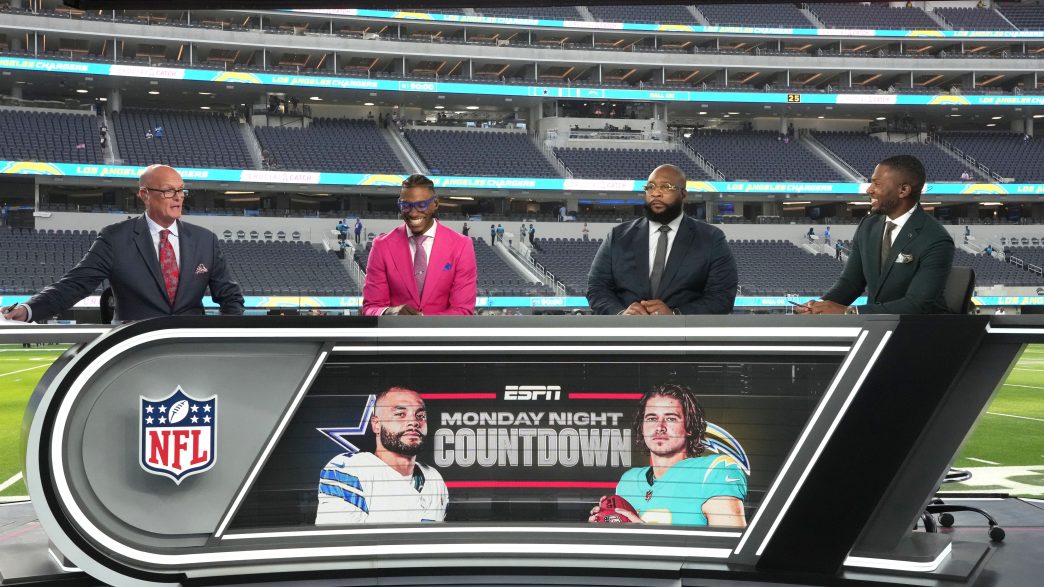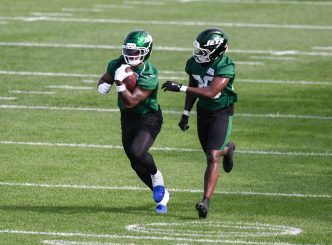The WNBA’s latest chapter in the Caitlin Clark-Angel Reese saga lit up the court and the internet after the Indiana Fever’s 93-58 rout of the Chicago Sky on Saturday. A third-quarter collision—where Clark’s Flagrant 1 foul sent Reese to the deck—sparked a heated moment that had everyone talking. Reese, visibly fired up, looked ready to go toe-to-toe, only for Fever center Aliyah Boston to play peacemaker. The refs handed out technicals to both Reese and Boston, but the real fireworks came after the game, when Robert Griffin III dropped a bold claim on X: “After watching Caitlin Clark’s flagrant foul on Angel Reese and the aftermath, there is no way Angel Reese can continue the lie that she doesn’t dislike Caitlin Clark. I know what hatred looks like.”
That comment didn’t just stir the pot—it set it ablaze. On The Pivot Podcast, Ryan Clark came out swinging, calling Griffin’s take “irresponsible” and accusing him of fueling a narrative that paints Reese as the villain in Clark’s hero story. In a fiery X post, Clark didn’t hold back: “RGIII plays into the narrative that Reese is the villain of Clark’s hero origin story. Add him to the list of black men who’ve adopted the corny trend of denigrating black women to affirm their choices.” He even brought up Griffin’s family, escalating the beef into personal territory. That crossed a line for Griffin, who fired back on X, defending his analysis as purely sports-driven. “I gave a sports opinion: I said Angel Reese hates Caitlin Clark, based on repeated, visible actions on the court and in press conferences,” he wrote, listing five game-related examples. “Disagree with me all you want. Challenge my take. But keep my family and wife out of=> Kansas City Chiefs. Keep my family and wife out of it.”
On the court, both players tried to cool things down. Clark insisted her foul wasn’t “malicious,” and Reese called it a “basketball play,” ready to move on. But the online chatter? That’s a whole different game. Griffin’s “hate” comment, paired with the back-and-forth with Ryan Clark, turned a hard foul into a cultural flashpoint. Fans and analysts are split—some see Reese’s intensity as competitive fire, others as personal. Clark’s star power, undeniable talent, and media spotlight make every move a headline, while Reese’s gritty, in-your-face style fuels the rivalry talk.
Look, this is sports at its rawest: two elite players, big emotions, and a stage where every play gets dissected. Clark’s killing it as the WNBA’s biggest draw, and deservedly so—she’s a generational talent. Reese, though, is no sidekick. She’s a force, bringing energy that pushes Clark and the game forward. Painting her as a villain feels like lazy storytelling, but so does pretending there’s no edge to their matchups. It’s not hate—it’s hoops. Competitors clash, tempers flare, and the crowd eats it up. Problem is, when voices like Griffin’s frame it as personal, it’s not just about buckets anymore. It’s about narratives that stick, fair or not.
The Fever-Sky dust-up is a reminder of why we love this game: the passion, the stakes, the drama. But let’s keep it on the court. Clark and Reese are writing their own stories—let’s not turn them into characters in someone else’s script. Next game’s coming, and you know both are bringing it. That’s the real show.








